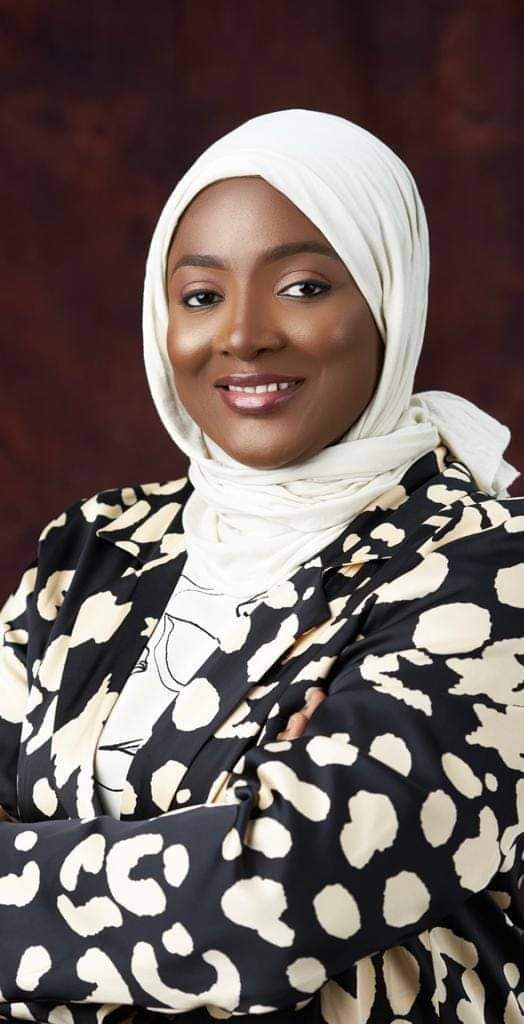By Esther Akaa
The Persons With Disabilities (PWD) have called on the Nasarawa State Government to establish a school for people with special needs in the western zone of the state to enable them acquire education.
This was the appeal of the representative of the PWD, Idris Sani, on Wednesday during a town hall consultation on the Citizens’ budget.
Sani also called on the government to establish a skill acquisition center, which he said will help solve the menace of street begging in the western part of the state.
“The construction of the special school in this zone will ensure that persons with disabilities have the same opportunities for education like others, and it will help in bridging the gap in educational attainment.
“This is because such schools will promote inclusivity and help them to fight stigma and discrimination, thereby creating a more diverse community.
“Also, the skills acquisition center will help empower people with disabilities by providing them with the skills and knowledge to live a self-reliant life,” he said.
READ ALSO: Hardship: Persons With Disabilities Lament ‘Second Class Treatment’ In Hospitals
Abubakar Salisu, another representative of the youth group, urged the government to improve infrastructural development in Nasarawa West, especially Karu LGA.
Salisu, in his speech, called for the construction of a road from Mararaba to Aso junction and to Panda, as well as Panda to Gitata.
“The provision of access roads to ease the evacuation of farm produce to urban centers is a priority for our people.
“The primary healthcare centers should also be fixed, and the existing medical center and general hospital should be upgraded to cater to the health needs of Mararaba’s dense population,” he said.
On his part, Abubakar Salisu Oloko, representative of the Civil Society Network, called for greater accountability in the implementation of government policies and programs.
Oloko said the government should carry its citizens along in the implementation of the Millennium Development Goals (MDGs), especially in the areas of sanitation and education.
He said efforts should be made for the supply of clean water so that the problem of diseases like cholera and diarrhea that contribute to public challenges can be solved.”
Earlier, the State Commissioner for Finance, Budget, and Planning, Hajiya Munira Abdullahi, while declaring the Town Hall Engagement open, assured that the 2025 budget will reflect the inputs and contributions from the citizens of the state.
Hajiya Abdullahi described the 2024 consultation theme, “Citizens’ Engagement: A Veritable Means for Transformational Commitment,” as a mark of improvement in participation and organization compared to previous engagements.
She explained that Nasarawa state, since 2019, has consistently organized a series of town halls on “Citizens’ Budget,” except for the financial year 2023.
According to her, the town hall’s Citizens’ Budget was in line with the disbursement link indicator II of the State Fiscal Transparency, Accountability, and Sustainability (SFTAS) protocol, which emphasized increased openness and citizens’ engagement in the budget process.
“Citizens’ town hall engagement is a testament to the unwavering dedication of our esteemed governor, Abdullahi Sule, to elevating Nasarawa State to a new height of excellence and progress.
“This initiative forms our commitment to connect our people with the current socio-economic and political participation in Nigeria and around the globe.
“We are here in Keffi to ensure that the voices of Nasarawa West Senatorial Zone, Keffi, Karu, Kokona, Nasarawa, and Toto LGAs are heard and contribute to government policies and programs,” she said.
READ ALSO: Kano Govt. Set To Establish People With Disabilities Agency
In his remarks, Tanko Maiyaki, Senior Special Assistant to Governor Abdullahi Sule on Budget, said the citizens’ budget engagement would bring about improvements in the budget preparation, presentation, and implementation.
On his part, the Director of Budget, Ataka Akolo Peters, explained that the forum seeks to bring non-state actors together to plan in partnership with the government for the 2025 budget.
He said the process was to enhance inclusivity by “stimulating accessibility and transparency in governance; sharing ideas and experiences among the citizens; and involving the people directly in the decision-making process of government; hence, insulate all barriers that can mar people’s participation in governance, especially the budgeting system.
The event drew participants from five LGAs, including Keffi, Nasarawa, Toto, Karu, and Kokona.
Among those in attendance were representatives of faith-based organizations, market women, farmers groups, civil society organizations (CSOs), PLWDs, and the media, among others.

